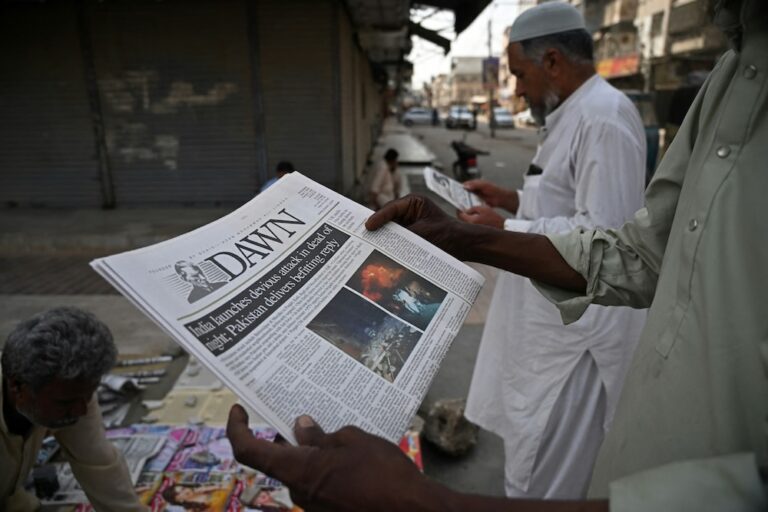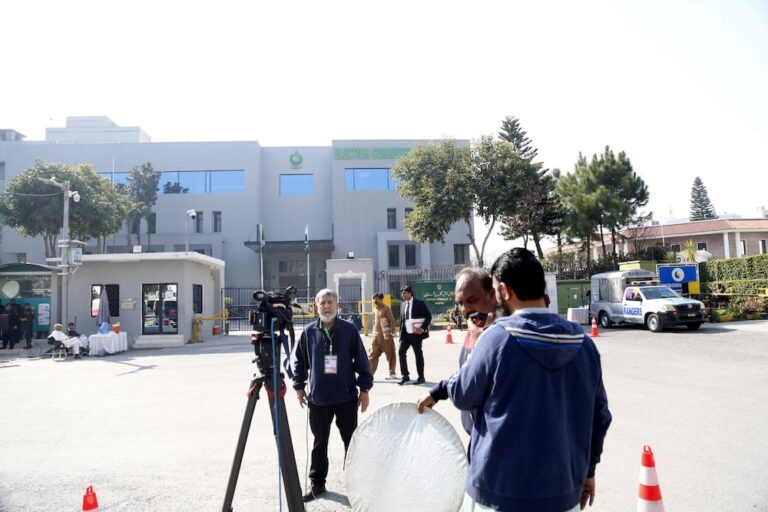Efforts to increase internet censorship have reached worrying heights with the release of a request for proposals to build a system capable of blocking millions of URLs, says Freedom House.
(Freedom House/IFEX) – Washington, 23 February 2012 – The Pakistani government’s efforts to increase internet censorship have reached worrying heights with the release of a request for proposals to build a system capable of blocking millions of URLs, according to Freedom House.
The proposed system would create a central database of ‘undesirable’ URLs, enable IP blocking and support network monitoring of inbound and outbound traffic. In November, the Pakistan Telecommunication Authority similarly said it planned to censor all SMS messages containing any of almost 1,700 words deemed ‘offensive.’ The request for proposals indicates that Pakistan is stepping up its attempts to censor the internet and restrict freedom of expression.
“The software that the Pakistani government now seeks to acquire represents a disturbing escalation of censorship and would amount to the creation of the Great Firewall of Pakistan,” said Courtney C. Radsch, program manager for the Freedom of Expression Campaign at Freedom House. “Freedom House urges Pakistan to immediately abandon this pursuit and respect the rights of its citizens to freely access and use the internet, particularly in the run-up to the 2013 presidential elections.”
Given the recent explosion in Internet usage in Pakistan, sparked by the spread of web-enabled mobile phones and a 150 percent increase in overall high-speed internet access between 2008 and 2010, online platforms now represent a crucial vehicle for Pakistani citizens and civil society to engage in public debate.
The Pakistani National I.C.T. Fund claimed in the bid request that ‘Internet access in Pakistan is mostly unrestricted and unfiltered’, yet the Inter-Ministerial Committee for the Evaluation of Websites, an informal body of representatives from the Ministry of the Interior, Ministry of Religious Affairs, and the Telecommunications Authority, can arbitrarily determine which Internet content should be blocked. Large swathes of Facebook, YouTube, and Blogspot have been periodically blocked for alleged ‘anti-Islamic and blasphemous’ content.
Although President Asif Ali Zardari has attempted to stifle free speech online and offline since taking office in 2008, civil society activists have enjoyed occasional success in overturning or delaying attempts by the government to stifle free speech. Pakistanis were successful in campaigning to overturn the 2008 Prevention of Electronic Crimes Ordinance Law and the November 2011 decision to pursue SMS censorship.


